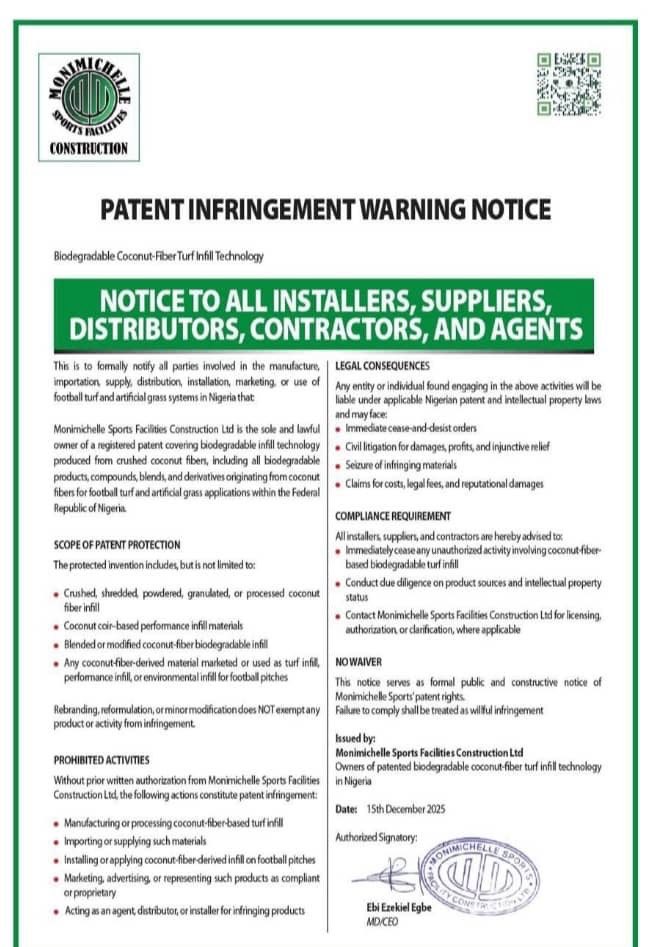Trade Union Congress Blames Naira Devaluation for Fuel Price Hike


The Trade Union Congress (TUC) has attributed the high fuel prices in Nigeria to the devaluation of the naira, rather than the removal of petrol subsidy by President Bola Tinubu in May 2023.
TUC President Festus Osifo, also the president of the Petroleum and Natural Gas Senior Staff Association of Nigeria, stated that the real issue is the devaluation of the naira, which has led to a significant increase in fuel prices.
Osifo explained that if the naira had not been devalued, petrol would be selling at around ₦350, instead of the current price of over ₦900. He emphasized that the exchange rate is the primary factor contributing to the high fuel prices, saying, "The ultimate elephant in the room is devaluation."
To address this issue, the TUC has called on the Central Bank of Nigeria and the Nigeria Customs Service to provide a special foreign exchange rate to the Nigerian National Petroleum Company Limited (NNPC). Osifo suggested that granting the NNPC a special forex rate of around ₦1000/$, instead of the official rate of ₦1,600/$, would reduce the cost of petrol importation and lead to a decrease in fuel prices to around ₦600.
The TUC president noted that despite the removal of petrol subsidy, the NNPC is still shouldering the subsidy burden. He argued that providing a special rate to the NNPC would eliminate the need for subsidy payments.
Osifo warned that if the government fails to take immediate action, the consequences of the fuel price hike will be severe, leading to job losses and company closures across the country. He stated that the TUC will convene a meeting to determine the next course of action if the government does not revert fuel prices to around ₦600.


Write a Comment